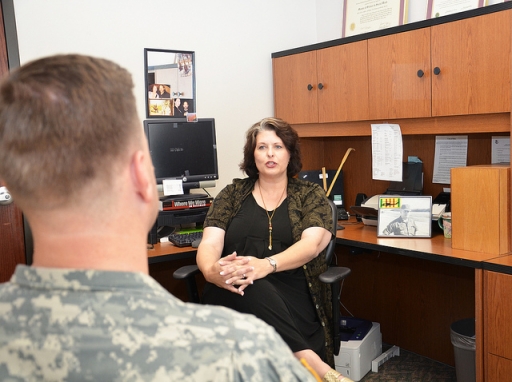Who is Your Medical Social Worker?
Medical Social Workers (MSW) are highly educated, dedicated, and compassionate members of your health care team. They are there first and foremost for you – the patient – and for your family, liaising between you and your medical team, bureaucratic bodies including insurance companies and managed care organizations, and anyone else involved in your care. They are your light and your rock as you navigate through restoring your health and independence, from hospital discharge to home care and beyond.
MSWs are available to counsel patients and their families, patiently explaining the medical diagnosis and prognosis in laymen’s terms and with kindness. They manage your care planning, including finding and arranging services such as in-home care, home health services, and further counseling. This includes navigating financial assistance options including food assistance and health care coverage through city, state and federal programs. With every hat your MSW wears, he or she is your advocate, representing your best interests and facilitating communication between all those involved in your recovery.
A Typical Day for an MSW
The core of an MSW’s day is interviewing patients. This is the MSW’s chance to find out the patient’s needs – from his or her medical condition, to financial concerns, emotional state, and more. Interviews and psychosocial assessment let the MSW get to know the patient and best prepare to arrange for all needs to be met and even exceeded.
Of course this also includes speaking to family members. The patient is not the only one affected by a health challenge and the family deserves to be heard and needs to be supported as well. This part of the MSW’s day gives him or her a broader picture of the needs and resources of the case.
Armed with information provided by the patient and family, the MSW can begin to research options. This might require collaborating with other social service provider agencies. But the important thing is that the MSW not only determines the best available resources, he or she also arranges and implements access to those resources: It’s not about handing the family a plan on paper, but rather arranging transportation home from the hospital and seeing the family off, filling out applications for financial assistance together, and so much more. It’s really about professional handholding in a difficult time.
And of course, a part of every day is spent documenting the MSW’s work, keeping track of every case’s progress and making notes about next steps in implementing the care plan.
The Best Parts of Being an MSW
Unlike other members of the medical team, the MSW gets to know patients over the long term. They build a caring relationship that allows them to become invested in a patient’s case. The feeling of being that guiding beacon and ensuring a far more positive and healing experience than would have been otherwise possible is simply priceless.
The compassion, patience, organizational skills, and the ability to multitask while being flexible, required as an MSW really brings out the best in the MSWs themselves as well as the patients, families and other professionals around them. Being an MSW lets you bring out the best in yourself and in others at a critical and delicate time in people’s lives.
Medical social work also develops creativity as you hone listening skills, face challenges and conflicts, run up against barriers including difficult personalities, outside agencies, the government sector, and more. Your patients are relying on you and the responsibility, as well as the faith in you, to find solutions is also a real honor.
